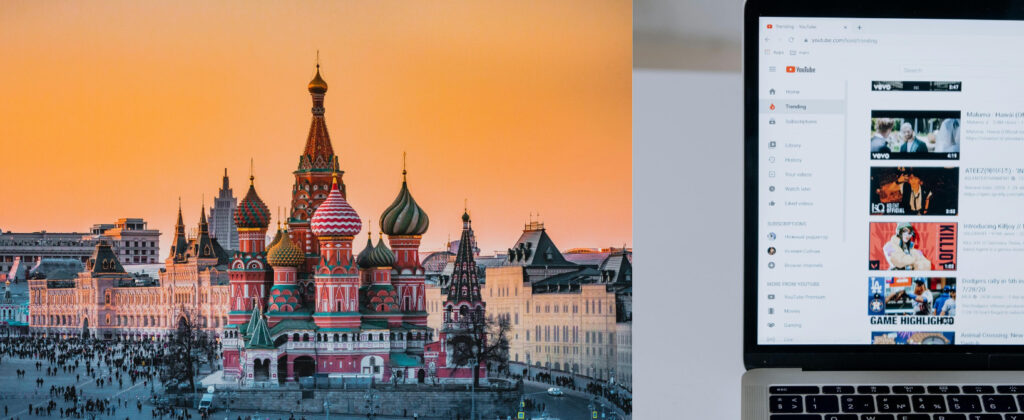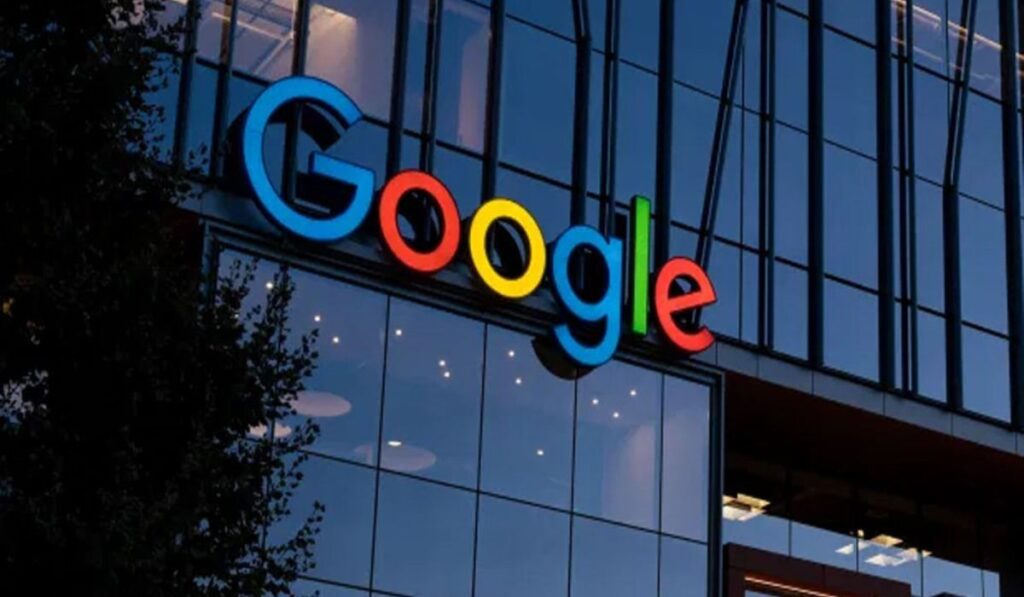In an unprecedented move, a Russian court has imposed a staggering $20 decillion fine on Google for blocking Russian state media channels on YouTube—a figure that is virtually unthinkable in both scale and practical terms. Equivalent to 2 undecillion rubles (or 20 followed by 33 zeros), the fine represents a symbolic warning to Google and other Western tech giants against blocking Kremlin-backed content on their platforms, an action that Russia deems censorship.
The conflict that led to this astronomical fine dates back to 2020, when Google first began restricting access to certain Russian state-affiliated media on YouTube. This move was intended to comply with international sanctions against Russian entities, but it drew sharp criticism from Russian authorities, who accused Google of silencing pro-Kremlin perspectives. Tensions escalated significantly in early 2022 following Russia’s invasion of Ukraine, with Google subsequently blocking additional Russian outlets on YouTube, such as NTV and RT. This led to a series of legal actions from Russian media, resulting in compounding fines that doubled each day Google refused to restore the channels.

Kremlin spokesperson Dmitry Peskov openly admitted that the fine’s figure is “filled with symbolism.” He emphasized that Google’s refusal to restore the channels amounts to a disregard for Russian law, even if the fine itself is practically impossible to collect. “I can’t even pronounce this figure right,” Peskov said, underscoring the absurdity of the fine’s amount. Still, he expressed that the punitive measure is a message to Google and other tech companies that Russia will not tolerate what it perceives as censorship of its media.
The international community has reacted to this fine with a mix of skepticism and concern. Many commentators have pointed out that, although the fine is symbolic, it represents a deepening divide between Western tech firms and authoritarian regimes over freedom of information and content moderation. Tech industry analysts have also raised questions about whether such exorbitant penalties could discourage foreign investment in Russia and push companies to exit the market rather than risk exposure to similarly extreme fines. Legal experts have echoed these concerns, noting that this approach could set a precedent for other countries seeking to control content on global platforms by imposing unreasonable penalties.
Historically, large fines have been imposed by regulatory bodies worldwide, but few have approached anything close to this scale. Under the EU’s General Data Protection Regulation (GDPR), fines have reached into billions for companies like Meta and Amazon for violations of data protection laws. In the U.S., the Foreign Corrupt Practices Act has resulted in multi-billion-dollar fines for companies engaging in bribery and corruption. However, the $20 decillion fine against Google eclipses even these record-breaking figures, making it one of the most extreme penalties ever levied.

The fine’s compounding nature—doubling daily until Google complies—has raised concerns that authoritarian regimes might adopt similar tactics to strong-arm tech companies into compliance. For Google, which continues to operate some services in Russia, the fine is unlikely to have a material impact on earnings, as the company has already scaled back most of its commercial operations in the country following the invasion of Ukraine and the freezing of its assets by Russian authorities.
In many ways, this fine illustrates the complex balance between global tech firms’ policies and the national laws they are subject to in authoritarian contexts. As international tensions over digital sovereignty and information control continue to mount, this symbolic fine against Google might serve as a cautionary example for other tech firms operating in similarly volatile markets.















